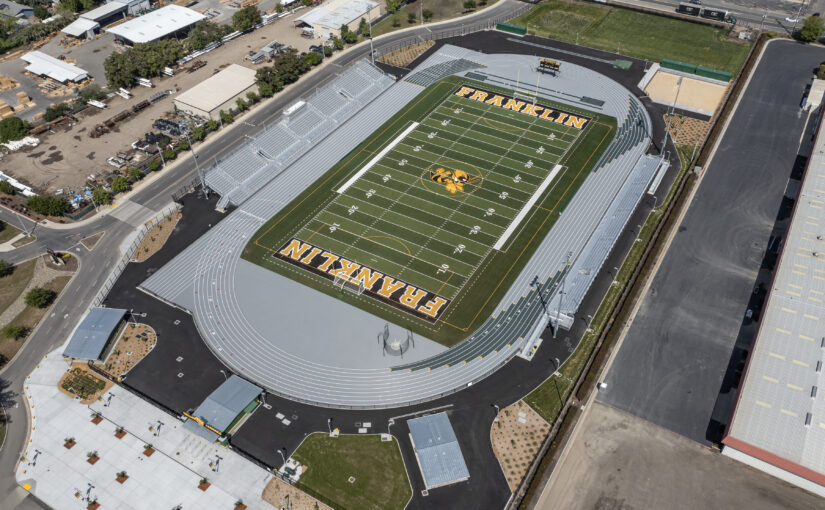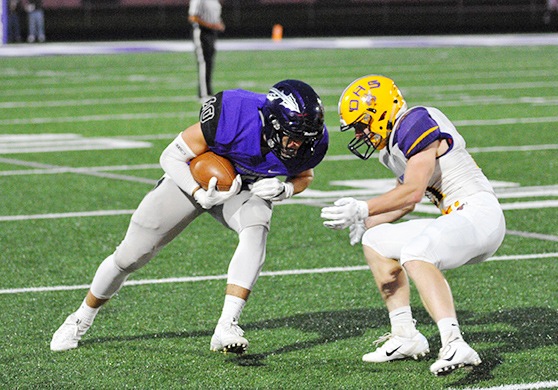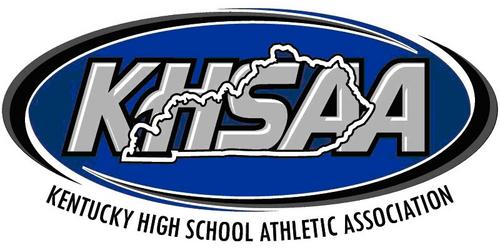Arizona To Start Fingerprinting All High School Referees
http://tucsoncitizen.com/arizona-news/2012/02/06/arizona-high-school-referee-fingerprinting-enacted/
Arizona high-school sports officials will fingerprint thousands of referees and umpires in the wake of a September sex-abuse case.
Arizona Interscholastic Association officials, who oversee most high-school sports in the state, said by July 1 as many as 3,500 contract employees will be fingerprinted and vetted through an FBI criminal database before they’re allowed to supervise sporting events with children.
The association already conducts periodic criminal-record checks of its referees and umpires using a third-party vendor. Those checks will continue.
AIA Director Harold Slemmer said the fingerprinting will help the group more effectively weed out sex offenders and protect students.
The move is in reaction to the September arrest of a former softball umpire who authorities said had a history of sex crimes.
Edward Lee Hartley, 67, stands accused of sexually abusing two runaway girls he picked up at a Phoenix bus stop. Authorities, who charged Hartley with 15 counts including kidnapping, molestation and prostitution with a minor, said his record dates back to 1973 and includes six sex-crime violations, including rape.
Maricopa County Attorney’s Office spokesman Jerry Cobb said Hartley’s attorney and prosecutors are attempting to negotiate a plea bargain.
AIA leaders launched an investigation to find out how they could have unknowingly hired a sex offender and asked school officials to alert them of any suspicions that Hartley had inappropriate contact with their athletes. The investigation showed Hartley was never added to the National Sexual Offender Registry, possibly due to softer government regulations at the time of his crimes. No schools stepped forward to report inappropriate conduct.
“This is a horrible story and one that isn’t necessarily related to interscholastic athletics,” said Brian Gessner, an AIA basketball referee who supervises high-school games in the Valley. He accused Hartley of acting as a predator, not an umpire.
Hartley also evaded detection during a background check when he applied to work for the Arizona Softball Association.
The AIA also drew fire from State Rep. Jack Harper, R-Surprise, who criticized the group’s leaders for failing to discover Hartley’s prior crimes. Harper demanded the organization make public a list of games Hartley officiated, which leaders did in November.
Slemmer, the AIA director, said the group based the new backgrounding measure on the process Arizona schools use to check teachers’ backgrounds.
“We just kind of adopted that same protocol that public schools use,” he said.
Mark Mignella, an attorney who represents the AIA, said the cost of the fingerprinting will be borne by the officials who work for the association.
Mignella said he didn’t know the exact costs but said they could range between $20 and $60. Gessner said that is affordable.
Mignella said there are numerous entities that conduct fingerprinting, but generally it would be a local law-enforcement office.
Those fingerprints will be compared with those of convicted criminals on file at the FBI’s National Crime Information Center, he said. A sports official will be allowed to supervise games only after law-enforcement officials determine he or she has not committed any crimes.
Slemmer cautioned there’s still no “complete guarantee” the AIA will catch every sex predator.
“Even with that (fingerprinting process), there could be somebody that gets in trouble after they give us a fingerprint card,” he said.
Rudy Troisi, president and chief executive of Reliable Background Screening in Scottsdale, said coupling the fingerprinting with thorough third-party background checks is the best way to protect students because each method has its unique strengths and weaknesses.
“There is no perfect world. Mistakes happen,” Troisi said.
Troisi, whose company provides background checks for sports leagues and school districts but not the AIA, praised the group’s decision to buttress its screening process with the fingerprinting.
“That sounds like a reasonable process to protect the kids,” he said.
Harper said he was pleased with the AIA’s decision to require fingerprinting and said it is the best way to keep student athletes safe from sex offenders.
“I believe that will settle the issue,” Harper said.
Michael Fowler, athletic director for the Glendale Union High School District, praised the AIA’s decision, saying it will make students safer.
“I applaud them for doing it,” he said.
“Safety of our students is of foremost importance.”
Fowler said game officials are never left alone with athletes in his district, “but again, it’s that extra layer of protection. It just makes really good sense.”







